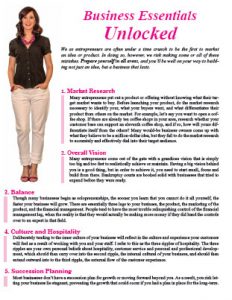
Revenge or Justice – Deconstructing Anger
Inherently, we all desire revenge over justice, although outwardly we will say we want justice. There are thousands of stories of people who embody this worldwide anger – a passion for revenge. It is based upon ‘getting even’ rather than getting over or getting through issues.
People are mad.
People are angry.
There is a sense of pent-up, boiling rage that exists. We see this when people support acts of violence. It starts as early as elementary school. If you ever experienced a school fight (or watched one in a movie) notice how when two people are fighting, seldom do you see others attempt to stop them, they form a circle almost a protection whilst watching them fight.
Anger. An unusual yet certain emotion. It starts as if it is a drop of water. It is an irritation, a frustration, a mild aggravation. Someone cuts you off on the road or sneaks into ‘your’ parking spot. Perhaps you are at a restaurant and in a bit of a hurry, although your server doesn’t share your same time constraint.
More drops of water come out.
Now, it’s the burnt breakfast. A tighter deadline you weren’t expecting. An accident that causes traffic to stop. Bad internet connection. Before long that little drip has filled a huge bucket of rage and a radical expression of emotion… Anger.
If we are being real with ourselves, we should be asking important questions:
- What good was done?
- Is that really the way to solve the problem?
- What are the long-term consequences?
Anger does not answer these questions well. Anger quite often feeds a lust for revenge.
So…
What do we do about it?
Someone once said “…forgive them for they know not what they are doing….”
Now, how do we refrain from retaliating or overreacting?
It becomes necessary to check our mindset. Rather than seeing someone as a villain (which they may be) perchance we could see them as victims…. Stay with me.
Victims…
This takes a mindset shift doesn’t it? Our first thought is if someone does wrong, they need to be punished. What if, they ‘don’t know what they are doing?’ Of course, they know what they are doing, but maybe they know any different.
Side Note: the emotion of anger is not always bad. In fact, we could argue specific times where anger is ok, however more times than not when anger becomes the primary emotion, it births negative reactions vs positive responses.
The viewpoint: uncontrolled anger will not better our world, however, sympathetic understanding will.
Once we begin to see others (and ourselves) through the lens of sympathetic understanding we move from the posturing or anger to a posture of compassion. We see people are stumbling in darkness because the lights are out, and they can’t see.
Turn the lights on.
Rather than attack, help.
Get out. Go out. Make a difference. Build something.
There is truth in that understanding our world creates a desire to save it.
Anger doesn’t do anyone good, although it takes effect immediately. Understanding may take a while to settle, yet it is much more constructive.

